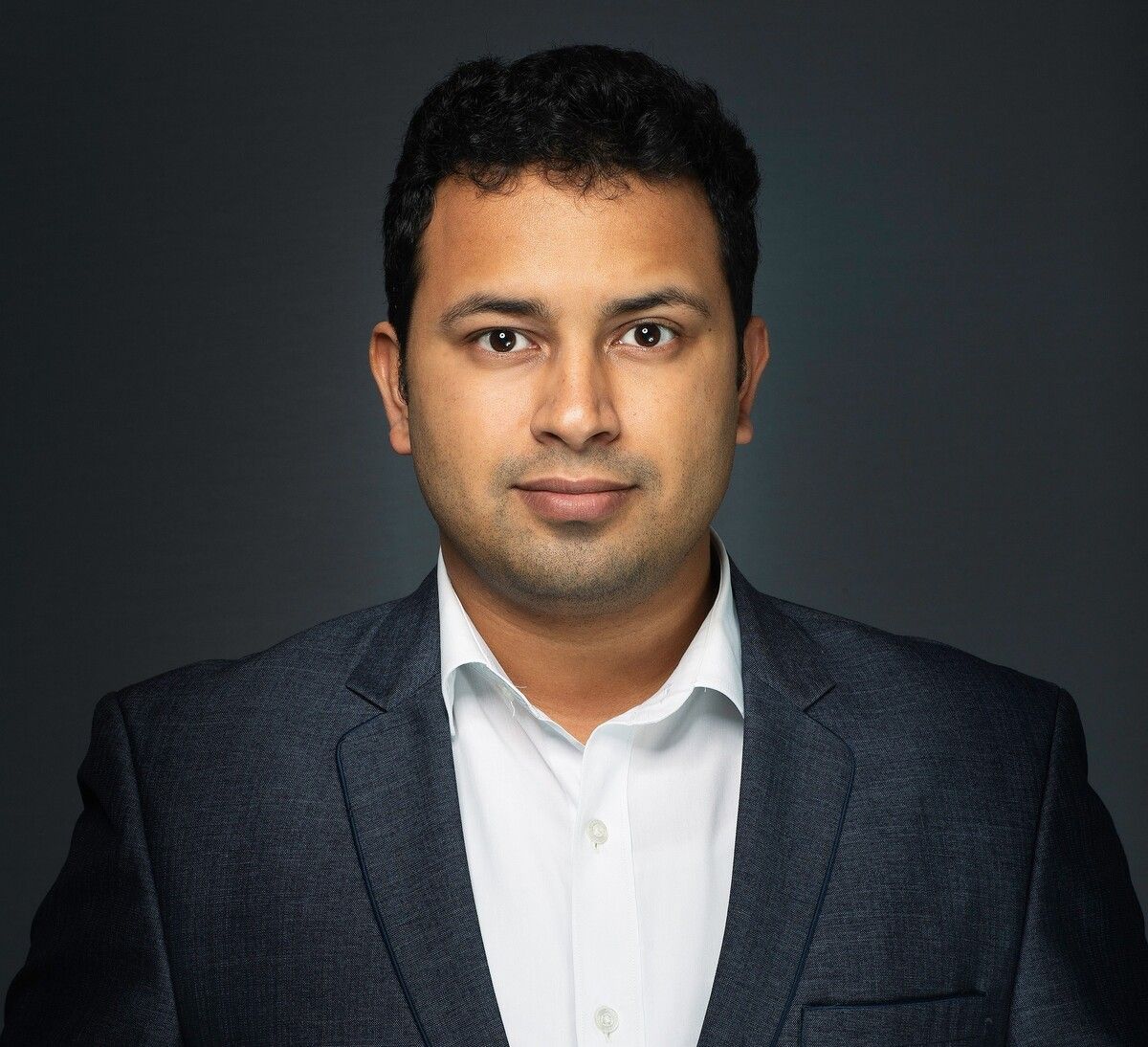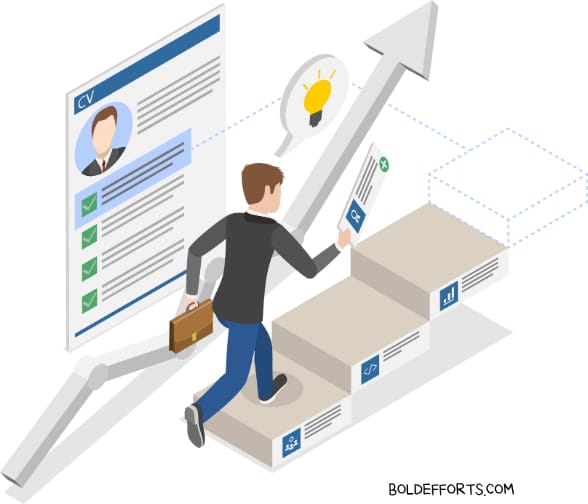Hello!
It’s Thursday, 3rd July 2025. Welcome back to Bold Efforts. I strongly feel that tomorrow’s work belongs to the fastest learners, not the longest veterans. All of us probably know that upskilling is not optional. What to upskills on remains a mystery though. We don’t know what we don’t know. Let us jump in!
First time reading? Join over 400 intellectually curious readers. Sign up here. As always, send me feedback at [email protected].
Key Idea: Upskilling
Every few weeks the ground shifts. A framework breaks, a model leapfrogs, an algorithm that felt miraculous on Monday looks quaint by Friday. Analysts keep chasing the same conclusion in new numbers: the knowledge that powers your paycheck loses half its value in roughly the time it takes to finish a master’s degree. The point is not the exact figure. The point is that decay as a constant, progress as a blur.
Back when I was a student, I thought I had mastered large‑scale databases. Gigabytes obeyed my queries and the feeling was intoxicating. That is until I started using Python. A handful of tight scripts outperformed my elaborate workflows and forced me back to square one, tutorial by tutorial. Last month the pattern repeated. While building a data pipeline for my recruitment‑tech startup, I fed the problem to an AI coding assistant and watched it deliver the solution I planned to learn next. No climb, no curve, just an instant reminder that proficiency now expires without warning.
That sting reveals the new game. Work is no longer a staircase of promotions. It is a treadmill that speeds up when you relax. Roles we celebrate today will vanish tomorrow, replaced by titles we cannot name yet. A generation that grew up with autocomplete enters the market with reflexes already tuned to the latest tools. The rest of us need a different playbook.
The new learning stack
AI tutors answer questions the moment they form. Micro certificates turn weekend effort into portable proof. Project marketplaces transform theory into public artifacts that anyone can inspect, fork, or hire. Cloud sandboxes let you rehearse on mock data instead of waiting for permission. Together these tools form loops, not ladders. You explore, attempt, publish, reflect, and loop again. Each loop shrinks the fog that hides tomorrow’s unknowns.
The knowledge quadrant
Picture a two by two grid. Across the top sits what you know and what you do not know. Down the side sits what the market values now and what it will value next. The upper left is comfortable. The lower right is invisible. Your job is to cycle through the other two squares faster than the decay can catch you.

Knowledge quadrant of upskilling
Curiosity moves you from known to unknown. Bet‑size projects move you from future value to present value.
Quarterly learning sprints
Choose one capability every quarter that feels alive and awkward. Wrap it in a small public project. Let the AI tutor coach rather than carry you. Use a micro cert as the finish tape. Ship the artifact, share the lessons, and clear the deck for the next sprint. At the same time let one aging skill drift into storage. You cannot carry every tool forever.
Risky? Yes. Standing still is riskier. The market rewards momentum over mastery frozen in yesterday’s context. A steady portfolio of fresh, half‑finished competencies beats a single, polished expertise that no longer fits.
What this means for you
Stop waiting for someone else to write the syllabus. The curriculum is now liquid. Build your own. Trade late‑night scrolling for deliberate practice. Turn passive reading into active builds. Hold weekly demos with friends because teaching locks knowledge in deeper than any notes. Measure progress in shipped artifacts, not video hours.
Defend the habit the way you defend things important to you (gym, sleep, revenue calls etc.). If life intrudes, scale the sprint down but never skip it. Discipline outruns uncertainty. Given the right tools and enough time, all of us can get reasonably good (or even great) at what we seek out to do.
Stay curious. Keep moving. Thank you for reading!
Best,
Kartik
Enjoying the read? Stay ahead with unique insights on the future of work and living. Subscribe to the Bold Efforts newsletter and receive fresh stories and ideas straight to your inbox every Thursday.
Who am I?
I’m Kartik, founder of Polynomial Studio, a holding company and product studio building AI-driven businesses for the future of work. The way we work and live is being rewritten. AI, remote work, and shifting economic forces are reshaping careers, businesses, and entire industries. The big question is where it’s all heading.
For the past eight years, I’ve been at the forefront of these shifts, working across real estate, technology, startups, and corporate strategy. I’ve helped businesses navigate change and stay ahead of what’s next, always focused on understanding the forces shaping our future and how we can use them to build something better. Click here to know more about me.
Why Bold Efforts?
I started Bold Efforts because I believe work should fit into life, not the other way around. Too many people are stuck in outdated systems that don’t serve them. This newsletter is about challenging the status quo and making the effort to design work around life. It brings together bold ideas and actionable insights to help you build a healthier, more balanced relationship with work, leading to greater purpose and fulfillment. If you’re looking for fresh perspectives on how to work and live better, you’re in the right place.
Was this email/link forwarded to you? Subscribe here


